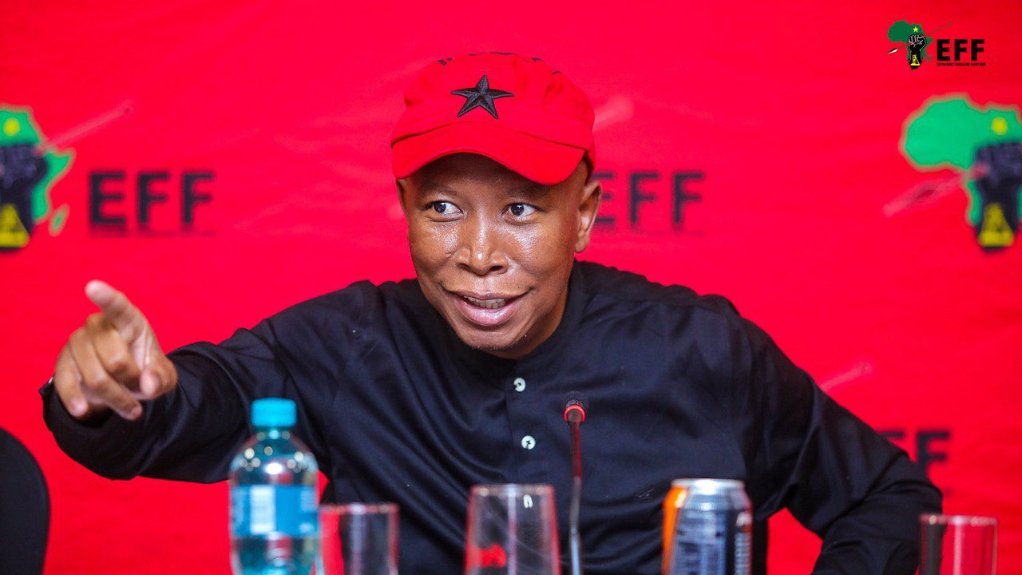The content on this page is not written by Polity.org.za, but is supplied by third parties. This content does not constitute news reporting by Polity.org.za.
The South African Human Rights Commission (SAHRC/ the Commission) welcomes the judgment handed down today, 27 August 2025, by the Western Cape Division of the Equality Court (Equality Court) in the consolidated matter of SAHRC and Dante van Wyk v Julius Malema and the Economic Freedom Fighters (EFF).
The SAHRC initiated this litigation in November 2022 after receiving number of public complaints about comments made by Mr Julius Malema at a political gathering in Cape Town in October 2022. The SAHRC, after due assessment, concluded that the comments violated constitutional and statutory protections against hate speech. The Commission acted in accordance with its constitutional and statutory duty to promote and protect human rights, including the rights to equality and dignity, and to take steps to combat hate speech in South African society.
At the political gathering, Mr Julius Malema addressed EFF members and referred to an earlier incident where party members had clashed with a group of residents outside Brackenfell High School. In his speech, Mr Malema criticised his members for not retaliating and called on them to “follow up” on the white man who was visible in video footage of the incident, suggesting that he be taken to an “isolated space” and “attended to properly”. He further stated that “revolutionaries must not be scared to kill”, that racism should be confronted with violence, and that racist acts amounted to “an application to meet your maker with immediate effect”.
The Equality Court has declared that the above statements made by Mr Malema constitute hate speech within the meaning of section 10 of the Promotion of Equality and Prevention of Unfair Discrimination Act, 2000 (“the Equality Act”). The Equality Court further found that both Mr Malema and the EFF are jointly and severally liable for the complainants’ legal costs.
Key Findings of the Court
The Equality Court found that the speech in question included clear exhortations to violence against a specific racial group—white men—based on race and political belief. The Equality Court held that the statements were made with a clear intention to incite harm and to promote or propagate hatred and therefore constituted hate speech under the Equality Act.
The Equality Court rejected arguments that the statements were merely political commentary or metaphorical in nature, finding instead that they amounted to direct, unambiguous incitement to violence on the basis of a prohibited ground, cloaked in ideological language. The judgment recognised the danger posed when public figures and political leaders use rhetoric that undermines human dignity and social cohesion.
The Commission notes with appreciation the Equality Court’s careful consideration of the context, ideological framing, and effect of the impugned statements. The judgment reaffirms that freedom of expression, while fundamental, does not extend to advocacy of hatred that constitutes incitement to cause harm, particularly where such statements are made by persons in positions of power or influence.
Way Forward
The judgment relates only to the merits of the complaint, with a separate process to follow pertaining to the relief sought. The Commission will engage this process fully, guided by the principles of justice, accountability, and the need to uphold constitutional values in a diverse and democratic society.
The SAHRC remains committed to building a society where robust political engagement is not used to incite violence or deepen racial polarisation.
Issued by South African Human Rights Commission
EMAIL THIS ARTICLE SAVE THIS ARTICLE ARTICLE ENQUIRY
To subscribe email subscriptions@creamermedia.co.za or click here
To advertise email advertising@creamermedia.co.za or click here











